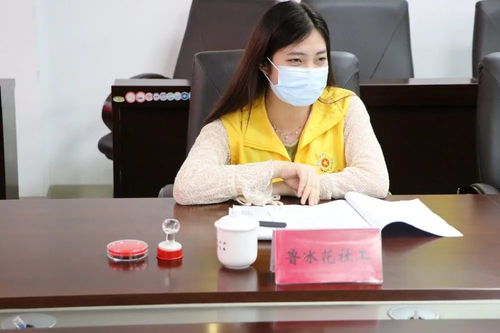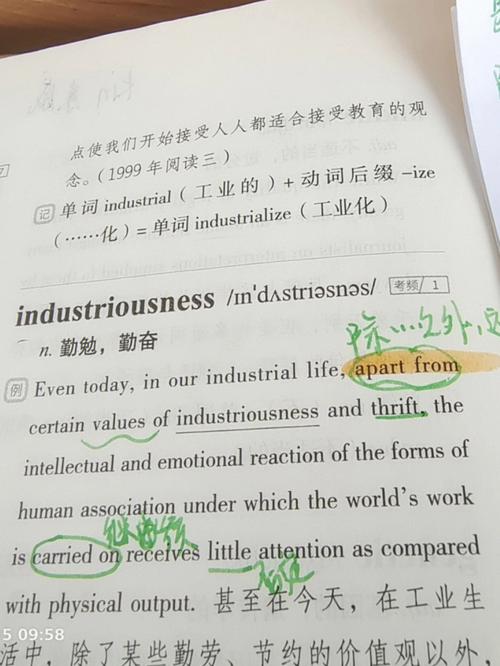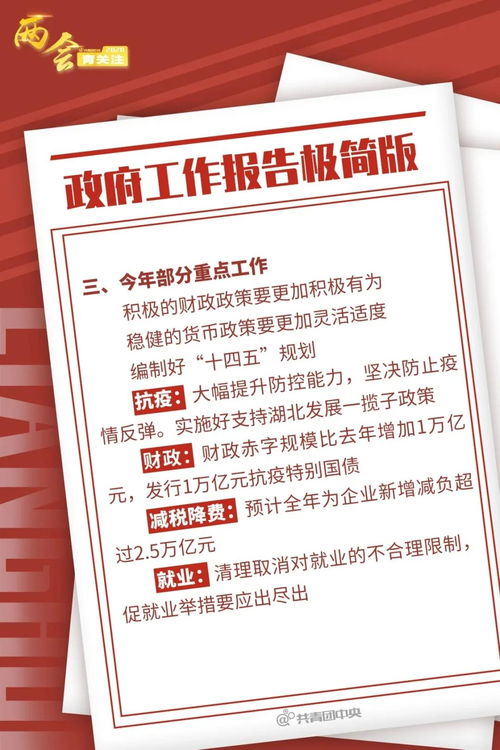未成年人可以去看心理咨询师吗
**Title: Providing Counseling for Minors: Responsibilities and Best Practices**
**Introduction**
Counseling minors requires a delicate balance of empathy, expertise, and ethical considerations. As a psychologist specializing in adolescent mental health, you play a crucial role in supporting young individuals through various challenges. This guide will explore the responsibilities, best practices, and ethical considerations involved in counseling minors.
**Understanding Developmental Psychology**
Before delving into counseling techniques, it's essential to grasp the basics of developmental psychology. Adolescence is a period of rapid physical, emotional, and cognitive changes. Understanding these developmental stages helps tailor interventions effectively.
**Confidentiality and Privacy**
Maintaining confidentiality is paramount in counseling minors. However, it's essential to clarify the limits of confidentiality, especially concerning issues like self-harm, abuse, or harm to others. Inform both the minor and their guardians about the circumstances under which confidentiality may need to be breached.
**Informed Consent**
Obtaining informed consent is crucial when counseling minors. Explain the counseling process, goals, and potential risks and benefits to both the minor and their guardians. Ensure they understand their rights regarding confidentiality, privacy, and the limits of your role.
**Building Trust and Rapport**
Establishing a trusting relationship is the foundation of effective counseling with minors. Create a safe, nonjudgmental space where they feel comfortable expressing themselves. Use active listening, empathy, and validation to build rapport and foster a therapeutic alliance.
**Assessment and Diagnosis**
Conduct comprehensive assessments to understand the minor's presenting issues, strengths, and needs. Utilize standardized tools, clinical interviews, and collateral information from parents or educators. Formulate a diagnosis based on the Diagnostic and Statistical Manual of Mental Disorders (DSM-5) criteria, if applicable.
**Tailored Interventions**
Develop individualized treatment plans based on the minor's unique needs and preferences. Incorporate evidence-based interventions such as cognitive-behavioral therapy (CBT), dialectical behavior therapy (DBT), or family therapy. Adjust your approach based on the minor's developmental stage, cultural background, and level of insight.
**Collaboration with Guardians and Other Professionals**
Maintain open communication with the minor's guardians throughout the counseling process. Collaborate with them to set treatment goals, discuss progress, and address any concerns. Additionally, coordinate care with other professionals involved in the minor's life, such as teachers, pediatricians, or psychiatrists.
**Ethical Considerations**
Adhere to ethical guidelines set forth by professional organizations such as the American Psychological Association (APA) or the British Psychological Society (BPS). Respect the minor's autonomy while also recognizing the role of parental consent in decision-making, especially for minors under a certain age.
**Boundaries and Dual Relationships**
Maintain clear boundaries to ensure the therapeutic relationship remains professional and ethical. Avoid dual relationships that could compromise objectivity or lead to conflicts of interest. If encountering boundary issues, seek supervision or consultation for guidance.
**Crisis Intervention and Safety Planning**
Be prepared to handle crisis situations such as suicidal ideation, self-harm, or abuse disclosures. Develop safety plans collaboratively with the minor and their guardians to address potential risks and ensure access to appropriate support services.
**Cultural Competence**
Cultural competence is essential when working with diverse populations. Respect the minor's cultural background, beliefs, and values. Consider how cultural factors may influence their experiences, help-seeking behaviors, and treatment preferences.
**Continuing Education and Supervision**
Stay updated on the latest research, interventions, and ethical guidelines related to counseling minors. Engage in continuing education opportunities and seek supervision or consultation when encountering complex cases or ethical dilemmas.
**Conclusion**
Counseling minors requires a multidimensional approach that integrates clinical expertise, ethical considerations, and cultural sensitivity. By fostering a trusting therapeutic alliance, tailoring interventions to individual needs, and collaborating with guardians and other professionals, you can make a significant impact on the mental health and well-being of young individuals. Always prioritize the best interests of the minor while upholding ethical principles and professional standards.













评论